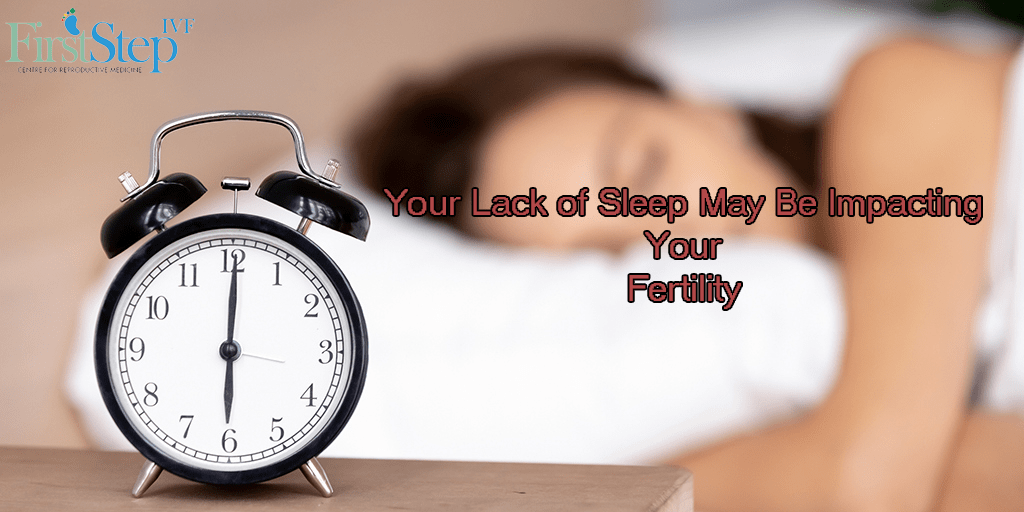IVF Blogs & Articles

Your Lack of Sleep May Be Impacting Your Fertility
- On 30 / Nov 2019
- Dr. Priti Gupta (IVF Doctor in Delhi)
You’re trying for a baby! You’re excited. You’re scared. It’s taking longer than you thought.…now, you’re stressed. Enter many sleepless nights. The importance of sleep on our immune systems, cognitive functions, weight and overall well-being is well known to most people. What may be lesser known is the impact a lack of sleep could have on your fertility.
How Lack of Sleep Impacts Your Fertility
The quantity and quality of your sleep affects your hormones. Recent research is demonstrating a connection between sleep deprivation and infertility. And fertility specialists are starting to wake up and talk to patients about the importance of rest. Get a good night’s sleep. While sleeping, your body is doing important work regulating hormones.
One key hormone, Leptin, has been shown to link sleep and fertility. Leptin affects ovulation, and women need adequate amounts of sleep for proper production of the hormone. One effect when leptin production is compromised is that your menstrual cycle may be disrupted. So, it’s key to get at least 7 hours of sleep to give your body optimal opportunity to produce this and other key hormones.
A Surprising Reason You May Not Be Getting the Sleep You Need
One surprising cause for your lack of sleep or restless nights may be exposure to electronic devices within an hour prior to sleep!
Blue light rays help to maintain wakefulness and as it goes down the body’s restful cycle begins. Part of that cycle is the production of melatonin– a hormone that regulates sleeping and waking cycles. Melatonin is also part of the female ovulatory process and is responsible for protecting eggs against free-radicals close to ovulation.
Exposure to blue light waves from screens such as the TV, computer or smartphone can suppress the production of melatonin. Not only can the suppression of melatonin cause restless sleep it can prevent your eggs from getting the protection they need, resulting in damaged eggs that are then rejected by the body or can the cause of a miscarriage. Purposefully reduce your exposure to screens at least an hour before bedtime and see if that helps you rest easier.
What You Can Do
Everyday stressors along with the challenges of infertility can clearly affect your sleep. The fertility experts at First Step IVF recommend tweaking your evening routine to make sure a full night sleep is a priority.
Establishing soothing habits before bed can also help assist your body in entering its rest phase. A calming bath, warm (caffeine free) tea, light stretching and deep breathing before calling it a night can all make a difference in getting a full and restful night of sleep that you and your body deserve. If you’re currently seeing a doctor, talk to your infertility treatment specialist about your sleepless nights.
If you’re still considering seeing a specialist, lack of sleep may be a part of your struggle to conceive, request an appointment at our clinic today for diagnostic fertility test that can help uncover any issues that impact your future treatment.
Get a Second Opinion
It's always recommended to take a second opinion with the experts.
Dr. Priti Gupta - Would be providing you the best second opinion for your problem.
Call: +91-9871187299
Copyright © 2026 All Right Reserved by First Step IVF

